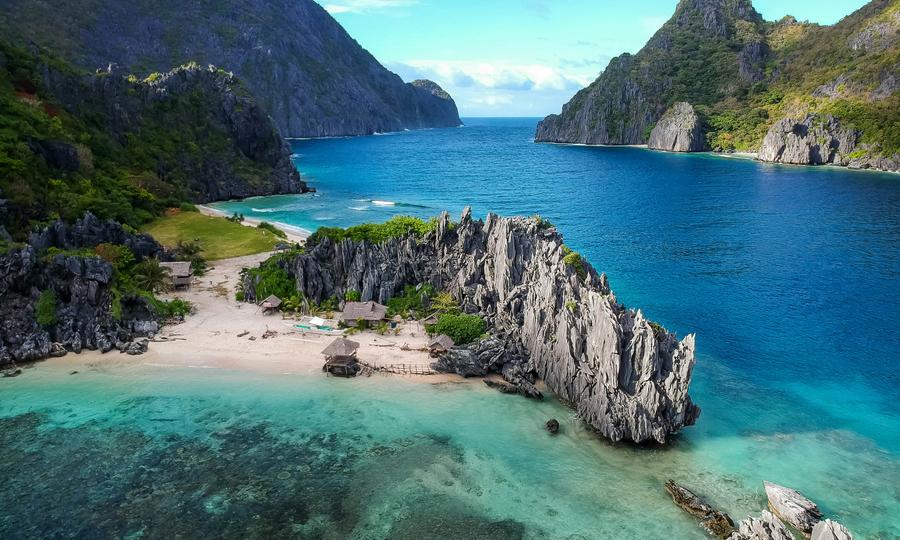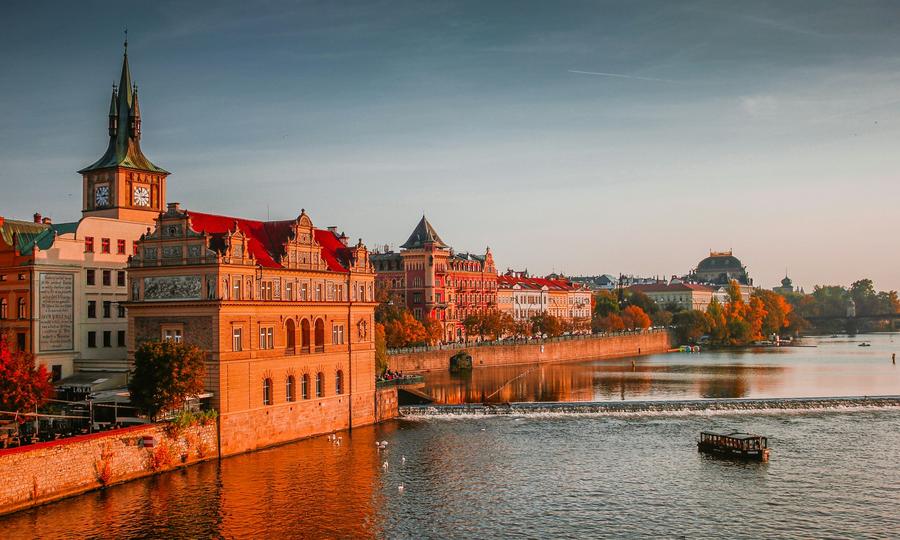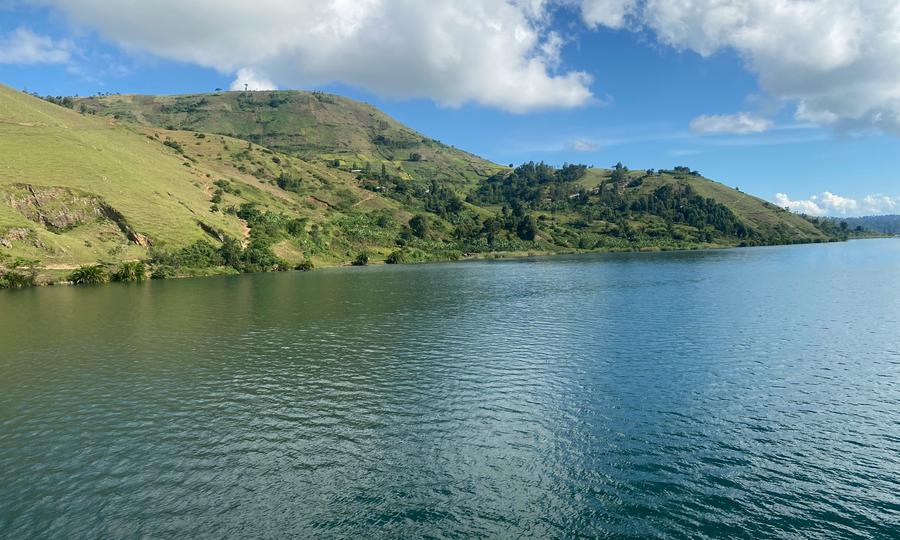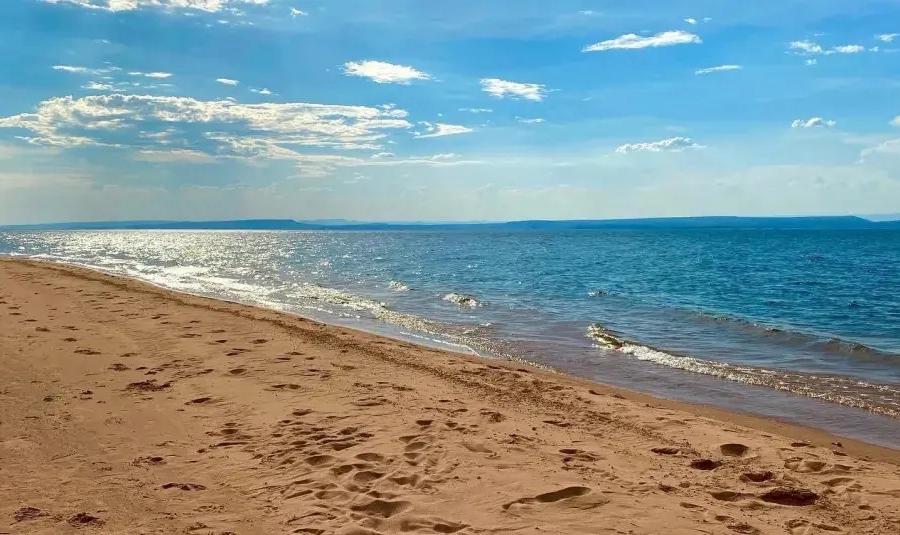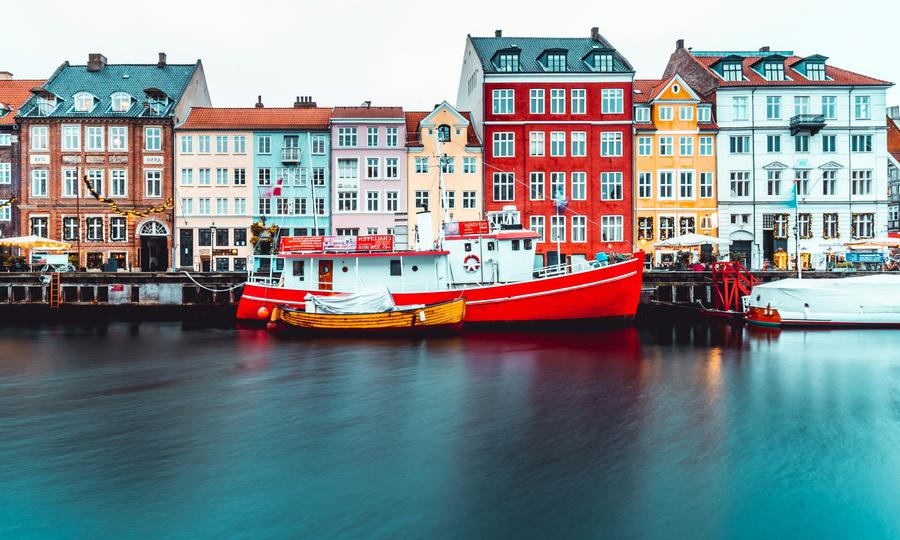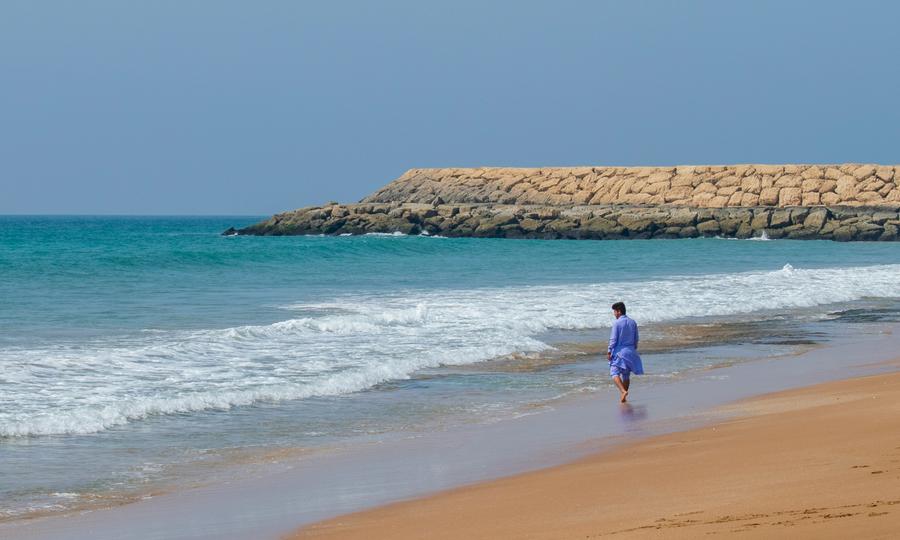Introduction
The Philippines, with its over 7,000 islands, is a tropical paradise boasting breathtaking beaches and vibrant cultural diversity. While this Southeast Asian nation is a haven for beach lovers, those interested in nudism or naturism must navigate a complex legal and cultural landscape. This guide explores the status of nudism in the Philippines, highlighting legal considerations, cultural norms, and tips for visitors.

Photo Source: https://flic.kr/p/d1GRr@Paul
Legal Status of Nudism in the Philippines
Public nudity is explicitly illegal in the Philippines under laws that uphold public decency. Engaging in nudity in public places, including beaches, is considered indecent exposure and can result in fines, imprisonment, or even deportation for foreigners. As such, adhering to these laws is critical for anyone visiting the country.
Cultural Perspectives on Nudity
The Philippines is a predominantly conservative society shaped by indigenous traditions and centuries of Spanish colonial influence. Public nudity is widely viewed as inappropriate and disrespectful. Naturism is not part of mainstream cultural practices, and locals generally do not condone or engage in nudist activities.
Nudist-Friendly Destinations
Despite the legal and cultural restrictions, there are a few private or semi-private areas where nudism can be practiced discreetly. These locations are typically secluded and cater to those seeking a naturist experience without violating the law. One such location is Amanpulo in Palawan.
Amanpulo is a luxurious private resort located in Palawan. It features a secluded area where guests can enjoy naturism in a safe and private setting. While not explicitly labeled as a "nudist beach," the privacy of the resort makes it a favored destination for nudists (Beach Atlas).
Etiquette for Visiting Nudist-Friendly Beaches
When visiting a nudist-friendly area in the Philippines, it’s essential to follow basic etiquette to ensure a respectful and enjoyable experience:
- Bring a Towel: Always sit on a towel to maintain hygiene.
- Seek Permission for Photos: Do not take photos or videos of others without explicit consent.
- Respect Boundaries: Stay within designated areas and avoid behavior that could make others uncomfortable.
- Be Discreet: Avoid drawing unnecessary attention to yourself and respect the privacy of others.
Naturist Activities in the Philippines
Given the conservative legal and cultural environment, organized naturist activities are virtually non-existent in the Philippines. Visitors looking for a naturist-friendly vacation may need to consider alternative destinations where such activities are more widely accepted.
Travel Tips for Respecting Local Customs
To ensure a positive experience in the Philippines, travelers should keep the following tips in mind:
- Dress Appropriately: Wear suitable clothing when visiting public areas or beaches.
- Research in Advance: Familiarize yourself with local customs and laws to avoid unintentional offenses.
- Engage with Respect: Be courteous to locals and mindful of cultural sensitivities.
- Explore with Caution: If visiting a secluded area, confirm that it’s safe and acceptable for naturist activities.'

Photo Source: https://flic.kr/p/JifTXy@Piotr Gaborek
Conclusion
The Philippines is a captivating destination known for its natural beauty, rich culture, and warm hospitality. While public nudity is prohibited, those seeking naturist experiences can find a few discreet and private options. However, it is vital to respect local laws and customs to ensure a harmonious and enjoyable visit. For travelers prioritizing naturism, other countries may offer more accommodating environments. Embrace the Philippines’ unique charm by exploring its stunning beaches and vibrant culture—all while respecting the local way of life.

